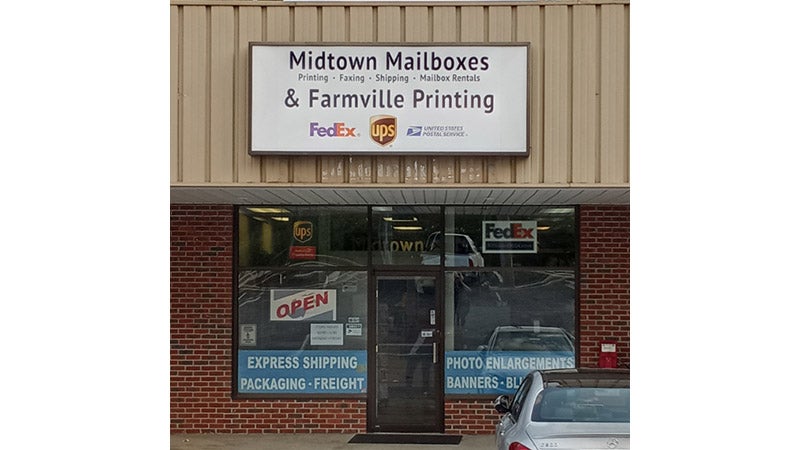Consumer habits squeeze grocery options
Published 4:30 pm Tuesday, August 11, 2015
Question: Why do we have such a hard time getting and keeping grocery stores in the area? And, more important, is there anything we can do about it?
Farmville had a Kroger for many years before it closed suddenly about two years ago. Why couldn’t Farmville manage to keep that store open while supporting Food Lion and Walmart?
The answer is simple, says Dr. Bennie D. Waller, a professor of finance and real estate at Longwood University.
“The short answer is that we don’t have enough of a consumer base willing to pay the higher prices (albeit only slightly in most cases), as compared to large discount stores,” said Waller. “Most consumers in the greater area prefer to pay a lower price for groceries while enjoying the convenience of shopping for clothing or other consumer goods offered by discount stores and not typically offered by traditional grocery stores.”
Waller said that if there was enough demand for the goods and services of more traditional grocery stores, simple economics would dictate that the town would have more of them.
Waller explained that “the process of deciding whether to locate a business in a new location is likely to involve a feasibility analysis to examine demographics such as population, expected growth, consumer income levels, levels of disposable income and current competitors.”
Another factor is that Farmville is home to two institutions of higher learning: Longwood and Hampden-Sydney College.
College students “are generally more transient and have less disposable income,” which “may impact such an investment decision,” said Waller. “Personally as someone living in the Avenues, I miss Kroger immensely and would love to see a boutique-type grocery store (i.e., Whole Foods) come into that shopping center. However for reasons mentioned above, it is likely not to happen anytime soon.”



